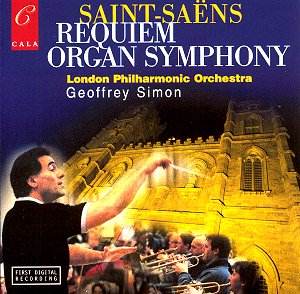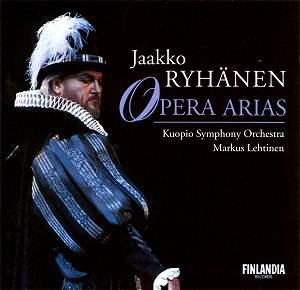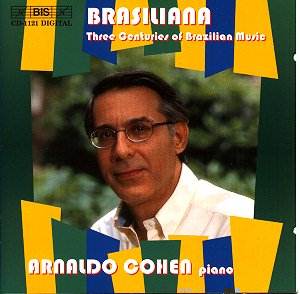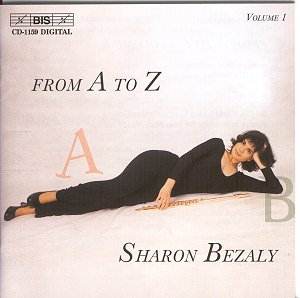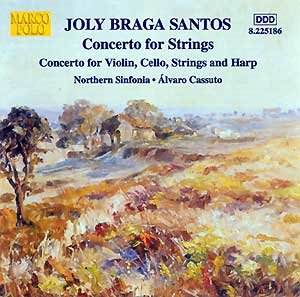 Composer: Joly Braga Santos
Composer: Joly Braga Santos
Works: Concerto for Strings in D (1951), Sinfonietta for Strings (1963), Variations Concertantes for Strings and Harp (1967), Concerto for Violin, Cello, Strings and Harp (1967)
Performers: Bradley Creswick (violin), Alexander Somov (cello), Sue Blair (harp), Northern Sinfonia, Álvaro Cassuto (conductor)
Recording: Jubilee Theatre, St Nicholas’ Hospital, Gosforth, 26th-28th April 2001
Label: Marco Polo 8.225186
Joly Braga Santos, a pivotal figure in 20th-century Portuguese music, has recently begun to emerge from the shadows of obscurity, thanks in part to the dedicated efforts of labels like Marco Polo. This recording features a compelling selection of his string works, showcasing a composer whose stylistic evolution offers a fascinating glimpse into the shifting tides of mid-century composition. The four pieces presented here span a period of significant transformation in Braga Santos’s output, from the buoyant, folk-inflected melodies of the 1951 Concerto for Strings to the more introspective and complex textures found in the later Sinfonietta and concertante works.
The performance under Álvaro Cassuto’s direction reveals a nuanced understanding of Braga Santos’s idiom, which deftly navigates between vibrant rhythmic energy and lyrical introspection. The Concerto for Strings in D is particularly notable for its three-movement structure that juxtaposes lively motifs with a deeply felt slow movement, which hauntingly reflects the composer’s emotional depth. The Northern Sinfonia’s execution of these contrasts is commendable; they imbue the work with both a buoyancy and a weightiness that is essential to its character. The slow movement, a poignant elegy, is rendered with acute sensitivity, capturing the essence of the composer’s voice—one that resonates with the listener long after the final note.
In the Sinfonietta, recorded a decade later, the music reflects a starkly different emotional landscape, marked by a more tortured lyricism that signals Braga Santos’s increasing introspection. Here, the ensemble’s precision is vital, as the work demands not only technical prowess but also a deep interpretative insight to navigate its shifting tonalities and complex harmonic language. The performance reveals the ensemble’s ability to tackle the work’s darker passages with clarity, allowing the distinct lines of the string orchestra to emerge without muddiness, even during the more densely scored sections.
Technical aspects of the recording merit specific mention. The sound engineering captures the vibrancy of the string textures while maintaining a balanced acoustic that respects the subtleties of Braga Santos’s writing. Though the recording occasionally feels congested at climactic moments, the clarity of individual voices within the ensemble remains intact, which is critical for appreciating the intricate counterpoint that characterizes works such as the Variations Concertantes. This piece, while perhaps more challenging due to its compressed nature, benefits from Cassuto’s thoughtful pacing, which allows the listener to appreciate the fine gradations of dynamics and color.
The performances of Bradley Creswick and Alexander Somov in the Concerto for Violin, Cello, Strings and Harp are particularly noteworthy. Their interplay is both cohesive and dynamic, eschewing mere display for a more profound musical dialogue that serves Braga Santos’s intent. The harpist, Sue Blair, adds a textural richness that complements the strings beautifully, especially in the Variations, where the harp’s ethereal quality contrasts sharply with the more robust string contributions.
What emerges from this collection is a portrait of a composer whose music, while rooted in the traditions of the early 20th century, evolves into a unique voice that deserves greater recognition. Braga Santos’s ability to blend folk elements with modernist techniques results in a sound that is distinctly his own, and this recording serves not only as a testament to his craft but also as an invitation to explore further. The Northern Sinfonia, under Cassuto’s adept guidance, delivers a performance that is both illuminating and deeply satisfying, making this collection an essential addition for those interested in the underrepresented repertoire of 20th-century classical music.
